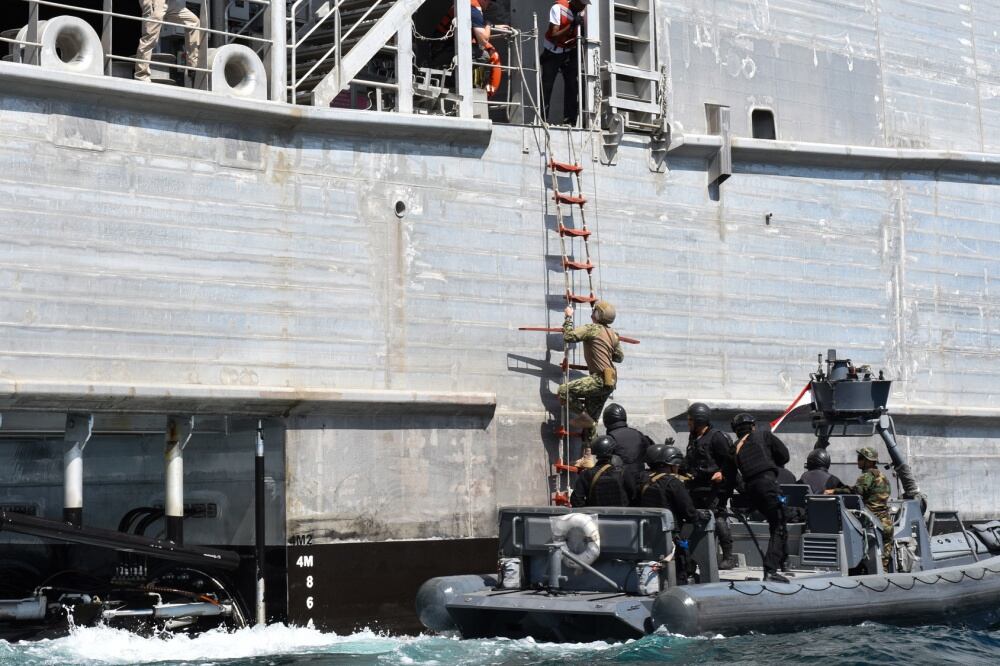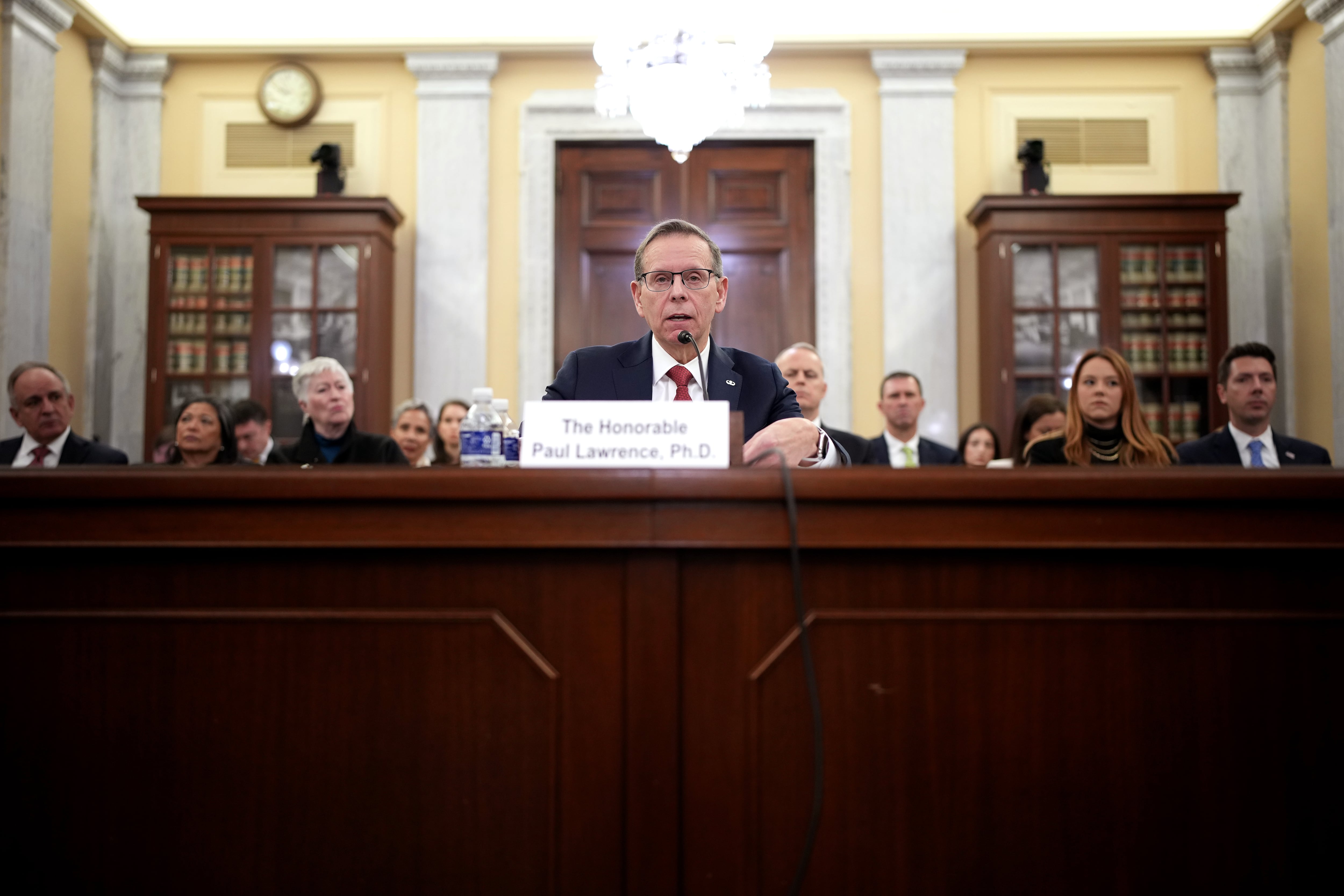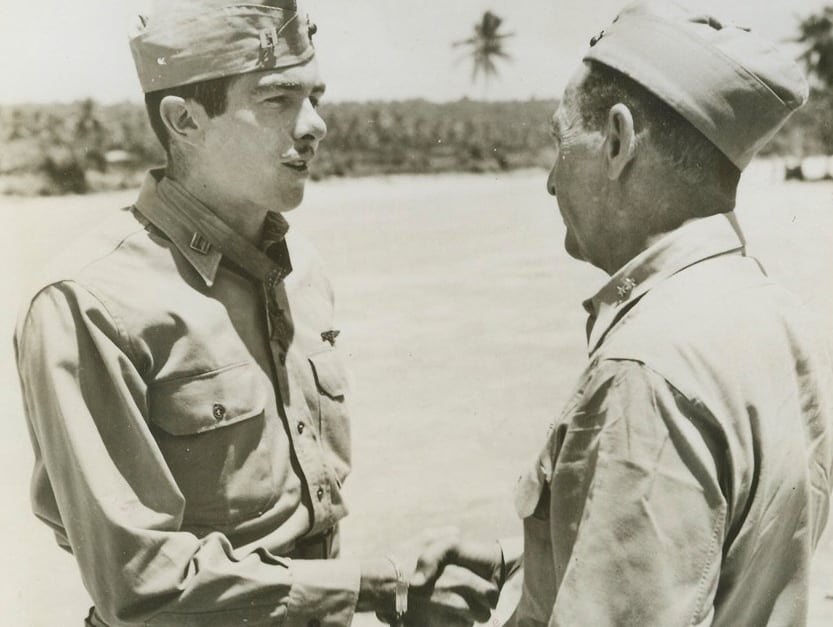The Navy has dropped criminal charges against a chief who was facing allegations that her ship security team deployed without magazines for their firearms in September 2018.
The charges against Chief Master at Arms Nicolasa R. Simmons, of the San Diego-based Coastal Riverine Squadron 3, were dismissed early last month, according to Lt. Cmdr. Amber Lewis, a spokeswoman for the Navy Expeditionary Combat Command. The allegations stem from when she led an embarked security team aboard the fast transport Carson City in 2018.
After Capt. Allen Adkins took over as commodore of the squadron’s parent command, Coastal Riverine Group 1, in June, the charges were dropped, Lewis said.
“Commodore, Coastal Riverine Group 1, reviewed the evidence, the rules for courts-martial, and consulted with the staff judge advocate and the trial counsel, prior to dismissing this case,” Lewis said in an email. “The Commodore will determine if any further action is taken administratively.”
Lewis added that the command does “not comment on administrative actions due to privacy concerns.”
RELATED

Simmons could not be reached for comment.
She was represented earlier this year by Phil Stackhouse, a San Diego-based civilian attorney who did not return requests for comment this week by Navy Times.
But Stackhouse told Navy Times in January that his client’s matter had already been resolved by “counseling, training and supervision review.”
“She was reinstated as a Mission Commander of an Embark Security Team for the remainder of the squadron deployment — which she completed successfully,” Stackhouse said in a statement. “It’s unfortunate that after a significant break in time, the command has now decided to charge her for the same allegations she had previously resolved.”
Embarked teams, like the one led by Simmons on the Carson City, provide security for ships but are not permanently assigned to the vessels.
Criminal charges getting reviewed and withdrawn by a new commanding officer is not entirely unheard of, according to Eugene Fidell, a civilian attorney specializing in military law.
“It’s certainly within the power of a successor commander to revisit disposition decisions made by a departing commander,” he told Navy Times this week. “It’s never too late for a command to take a fresh look at the needs of good order and discipline, and presumably that’s what happened here. Credit should also be given to the chief’s attorney for persistence and a good outcome.
While a departing commander inevitably prefers “to leave an empty disciplinary action inbox … that’s not always possible,” Fidell said in an email.
“A command washes its own laundry,” he added. “An incoming CO should basically get a squared away unit where major issues have already been attended to.”
Geoff is the managing editor of Military Times, but he still loves writing stories. He covered Iraq and Afghanistan extensively and was a reporter at the Chicago Tribune. He welcomes any and all kinds of tips at geoffz@militarytimes.com.





